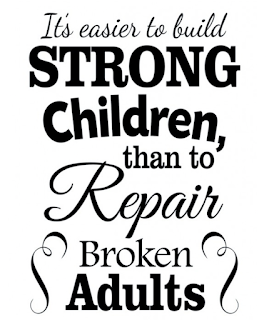
Teaching is a very demanding profession and teachers are often faced with stressful, even unfair situations. Yet, as Whitaker suggests, although complaining about such situations can be tempting, in the long run it only serves to make the job even more difficult. Anyone who has worked in education - or, for that matter, in any profession - for even a few years has probably worked with colleagues who are chronic complainers. Think of three teachers at your school whom you perceive as chronic complainers. Next, think of three teachers at your school whom you have rarely, if ever, heard complain. If there a difference between these two groups in terms of their job performance? Do you enjoy being in the company of one group more than the other? Which group seems to be having the most fun at school? Is there a difference in their attendance patterns? Do the chronic complainers ever subtly encourage you and others to join in the "gripe fest"? Why is it vitally important that educators remain positive about their jobs and their profession?



















